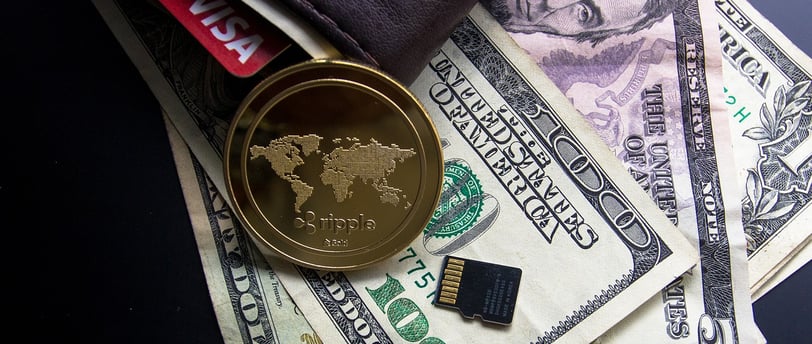Cash is King
Kepping cash on hand for emergencies


Having some cash on hand for emergencies is indeed a smart and practical idea. While digital payment methods have become increasingly popular, there are still situations where cash is essential. Here are some reasons why it's a good idea to keep emergency cash on hand:
Power Outages: During power outages, ATMs and electronic payment systems may not be operational. Having cash can help you purchase necessary items like food, water, and fuel.
Natural Disasters: In the aftermath of natural disasters such as hurricanes, earthquakes, or floods, infrastructure can be severely affected, making it difficult to access ATMs or make electronic payments.
Local Businesses: In some areas, especially smaller towns or rural communities, local businesses may prefer or only accept cash. Having cash ensures you can still buy essentials in these places.
Transportation: If you rely on public transportation, having cash can be crucial for buying tickets or paying for taxis or buses, especially if the electronic payment systems are down.
Emergency Situations: In unforeseen emergencies, you might need cash for various purposes, including medical expenses, temporary shelter, or other immediate needs.
When keeping emergency cash on hand, consider the following tips:
Secure It: Keep the cash in a safe place at home, such as a fireproof safe or hidden in a secure location. Avoid carrying large sums of cash with you regularly to minimize the risk of loss or theft.
Denominations: Keep a variety of denominations, including small bills and coins, as they can be more useful in everyday situations.
Regularly Update: Periodically check and update your emergency cash stash to ensure it remains sufficient for your needs.
Emergency Kit: Consider including cash as part of your emergency preparedness kit, along with other essential items like food, water, first aid supplies, and important documents.
Budget Wisely: While it's important to have some cash on hand for emergencies, don't overdo it. Balance your cash reserves with other forms of emergency preparedness, such as savings and insurance.
Remember that the amount of emergency cash you should keep on hand will vary depending on your individual circumstances and needs. It's a good practice to assess your situation and plan accordingly to ensure you're prepared for unexpected events.
